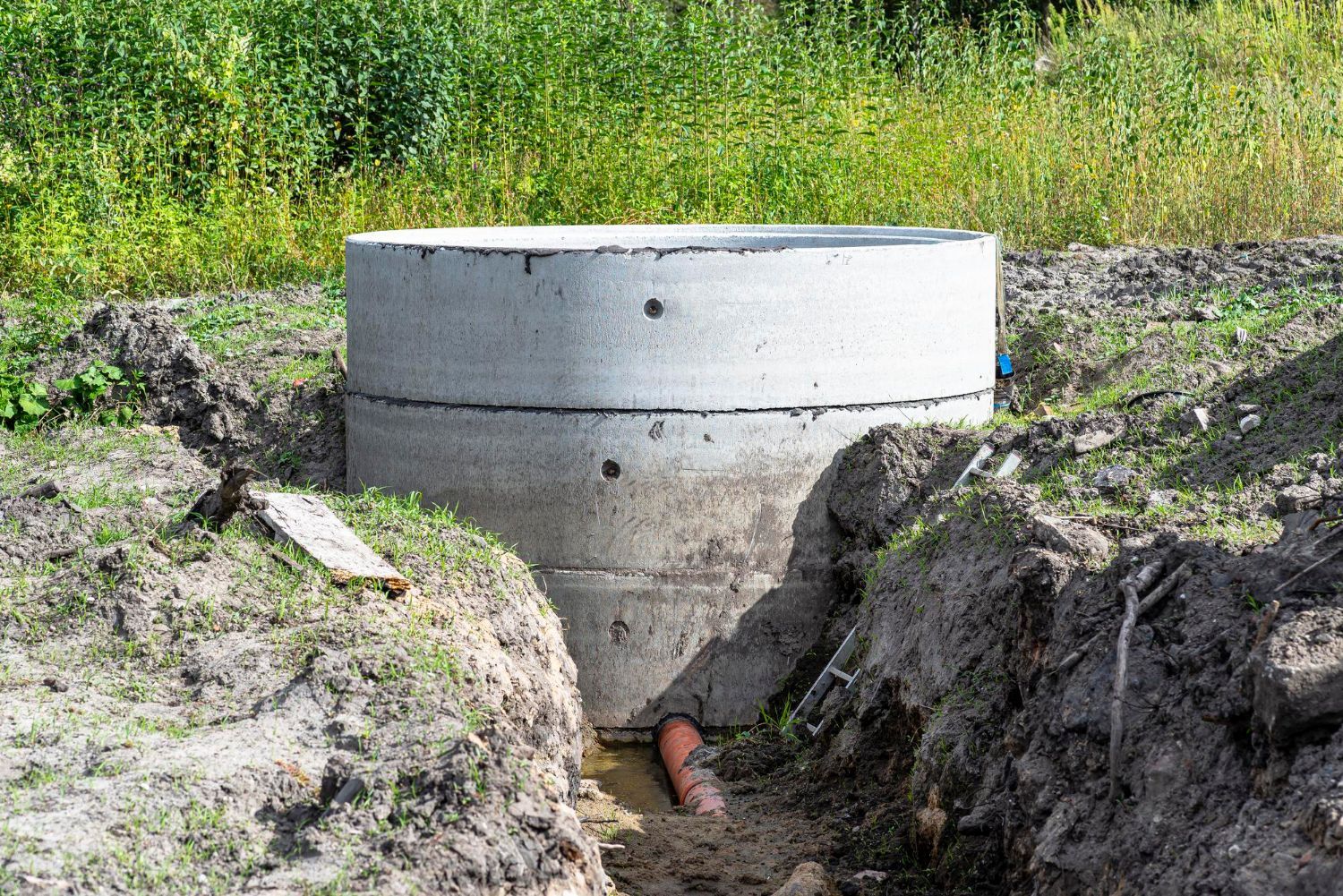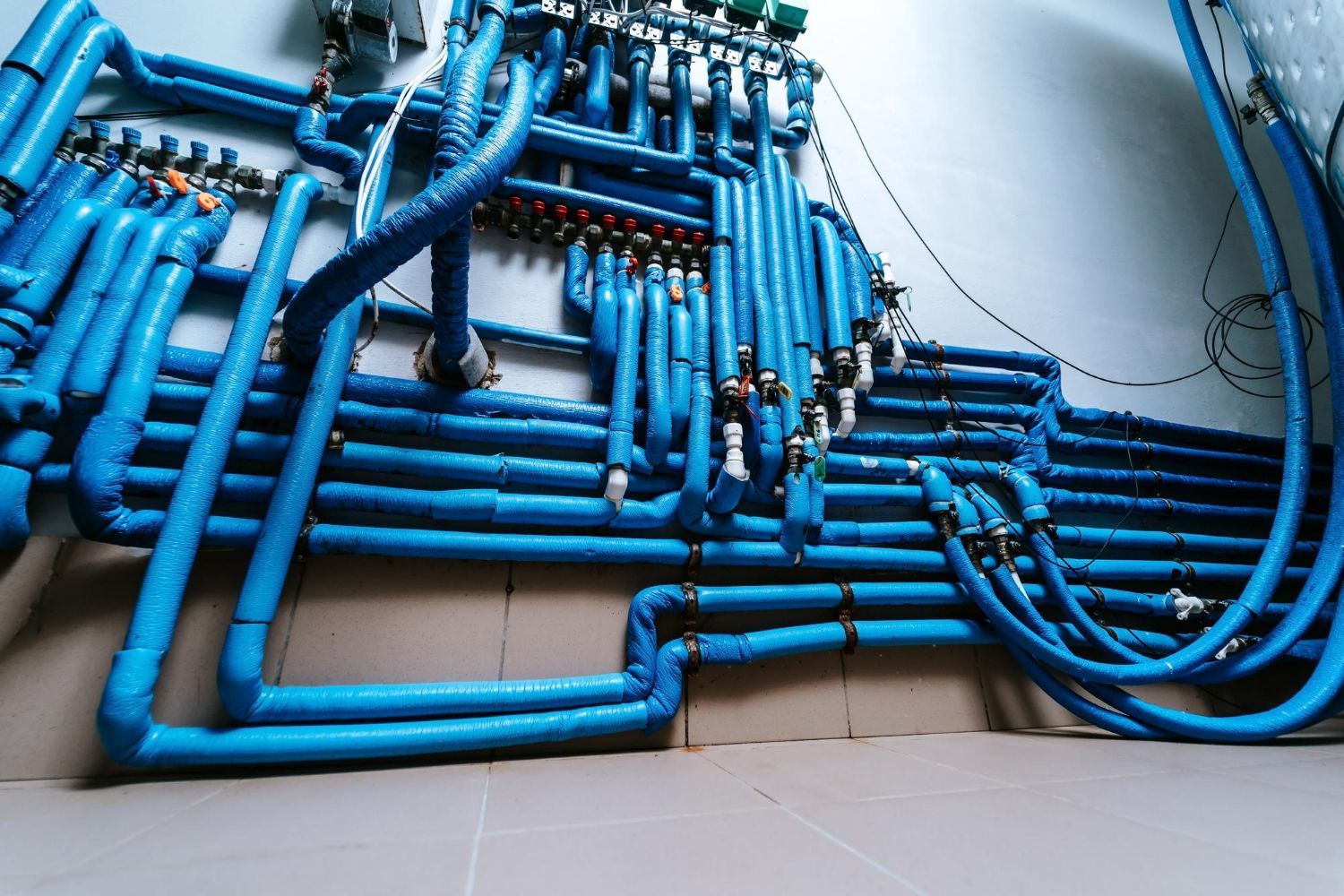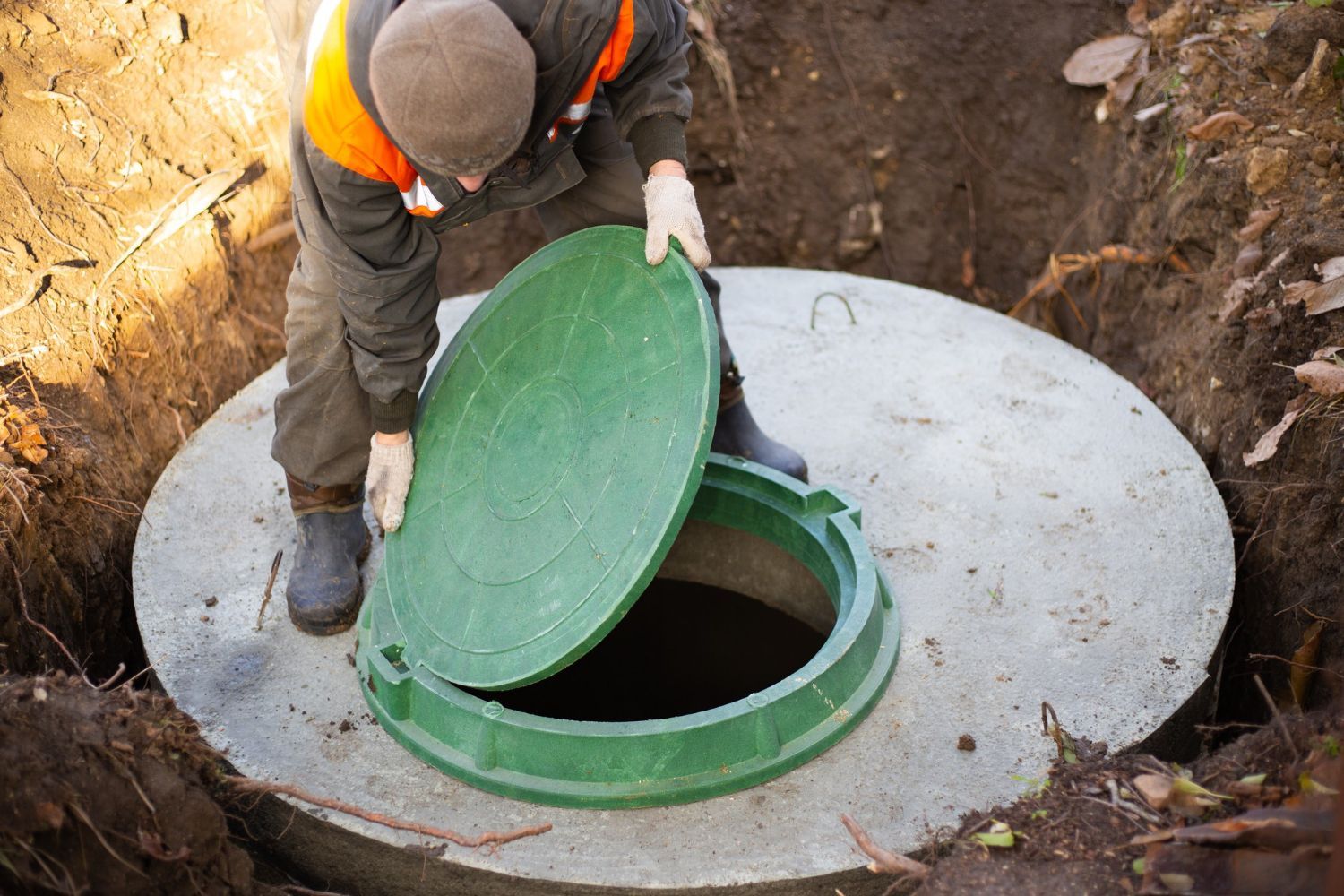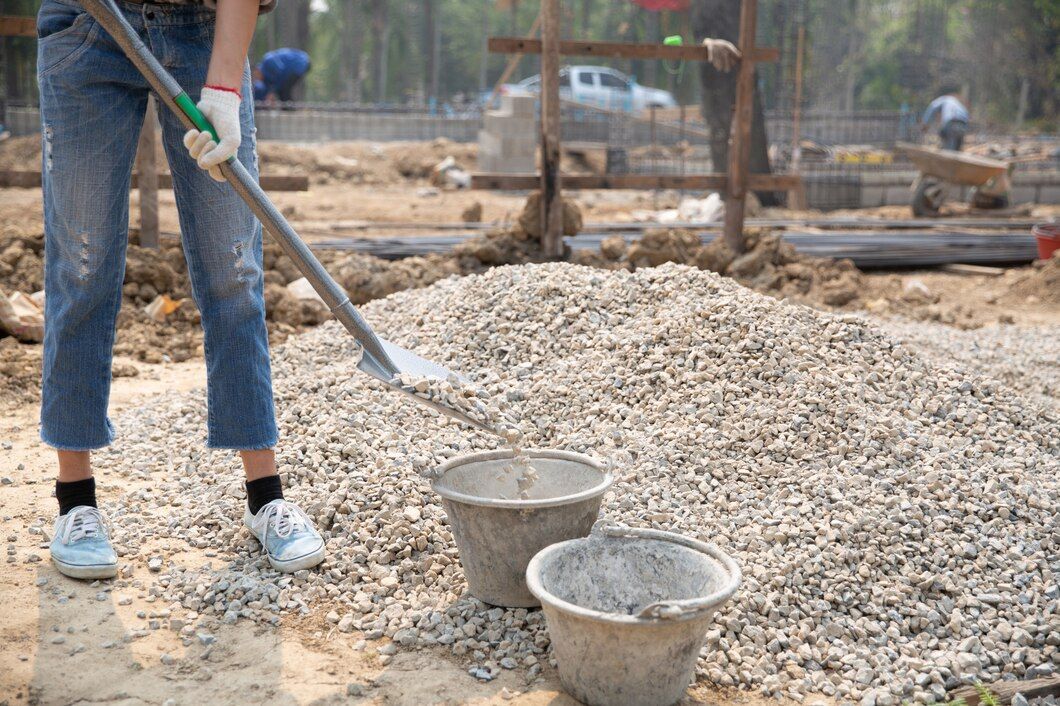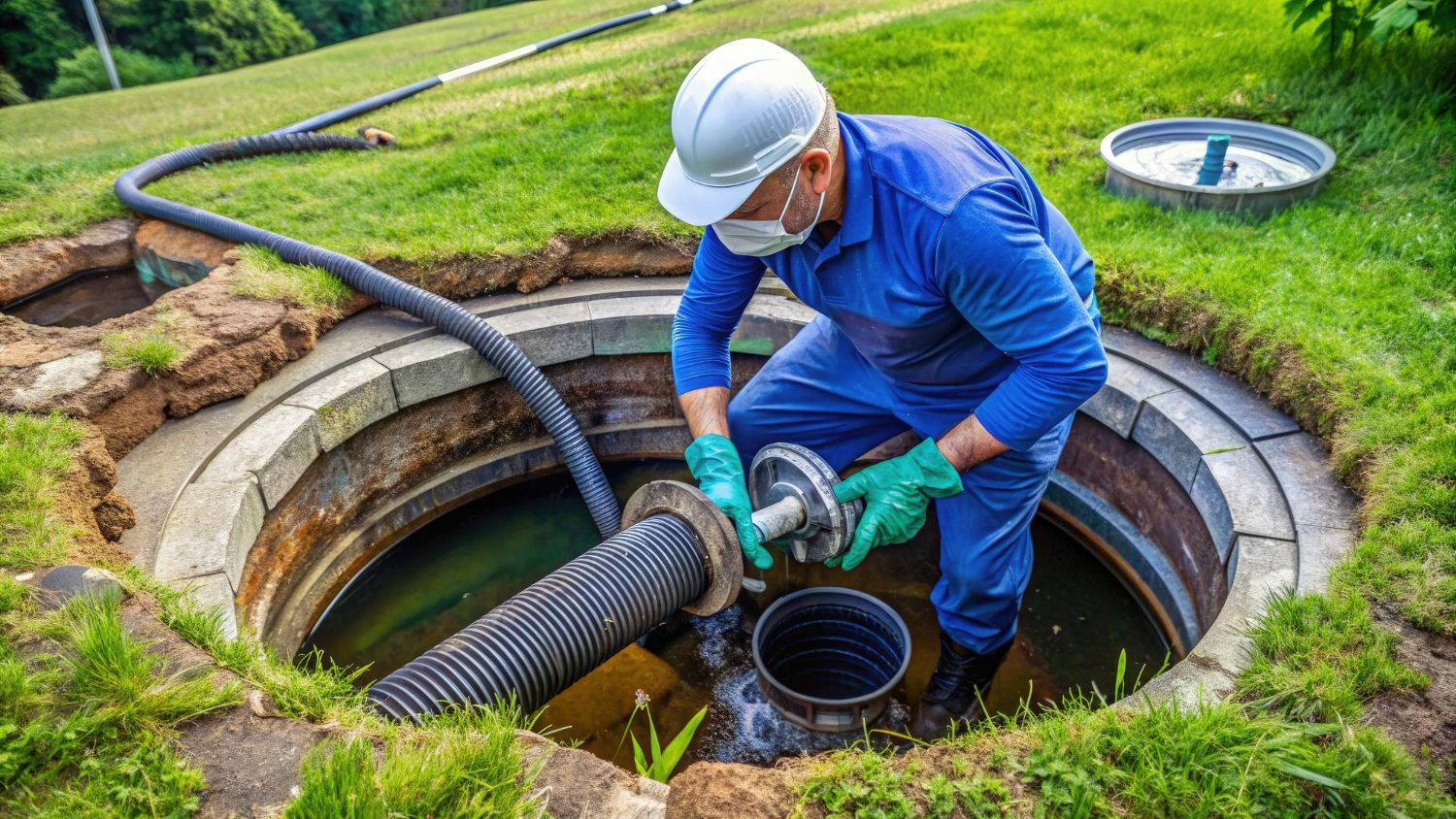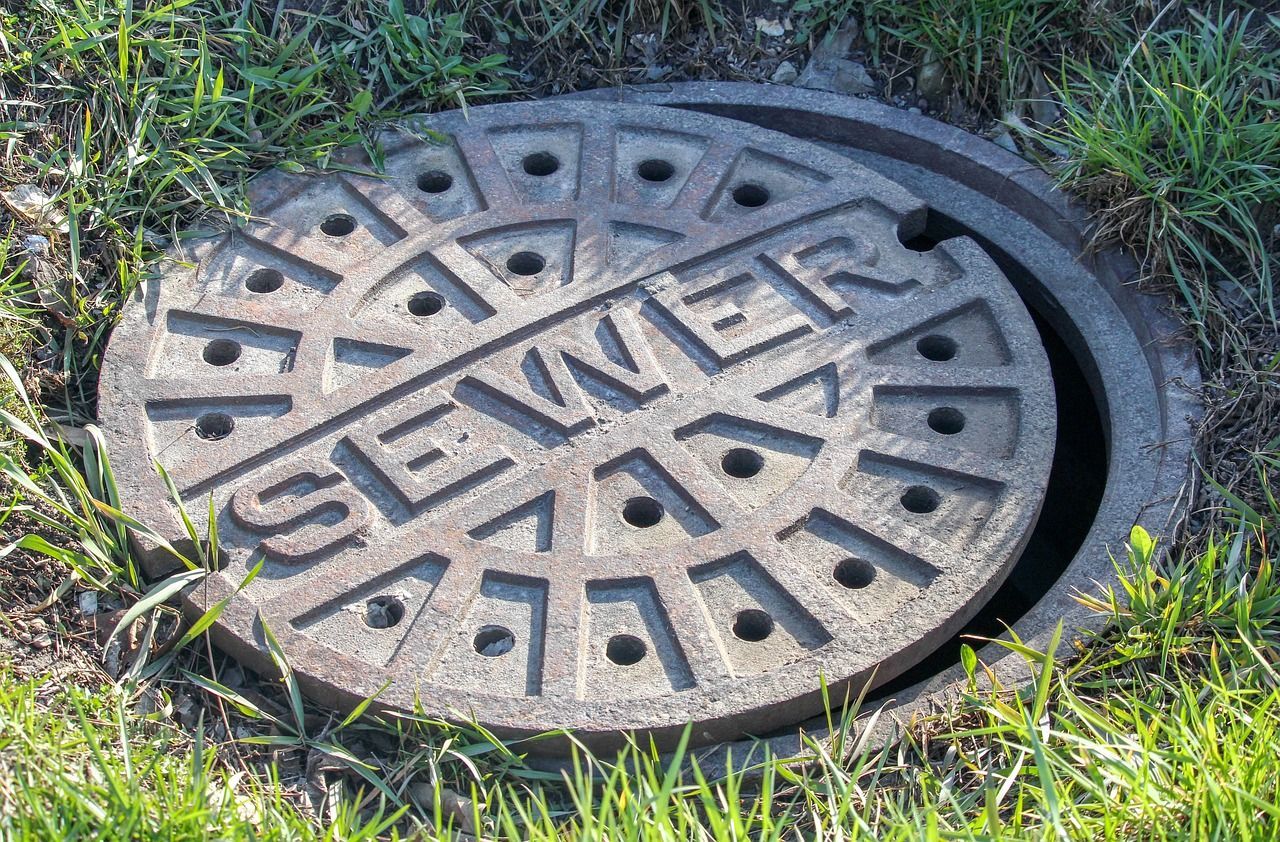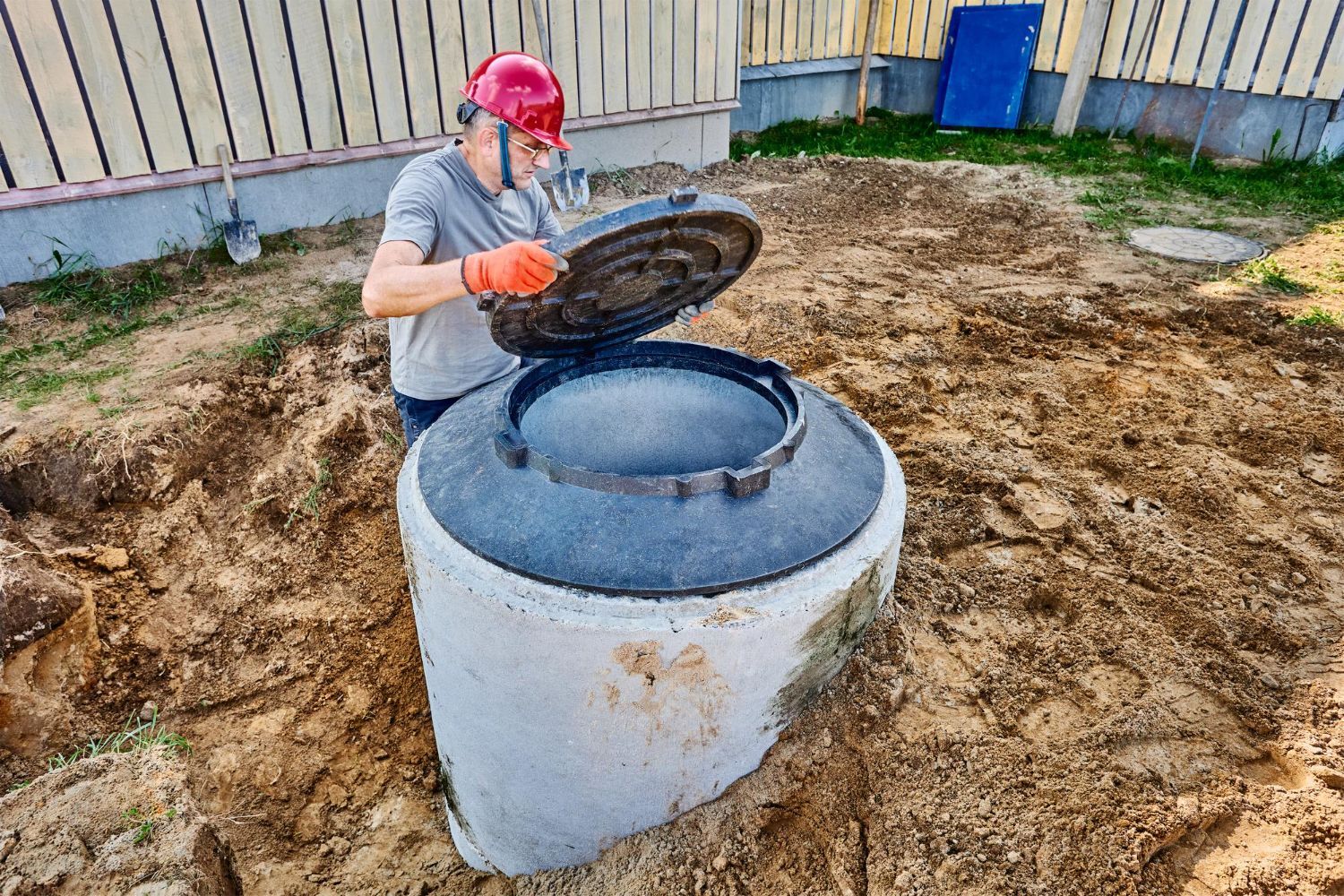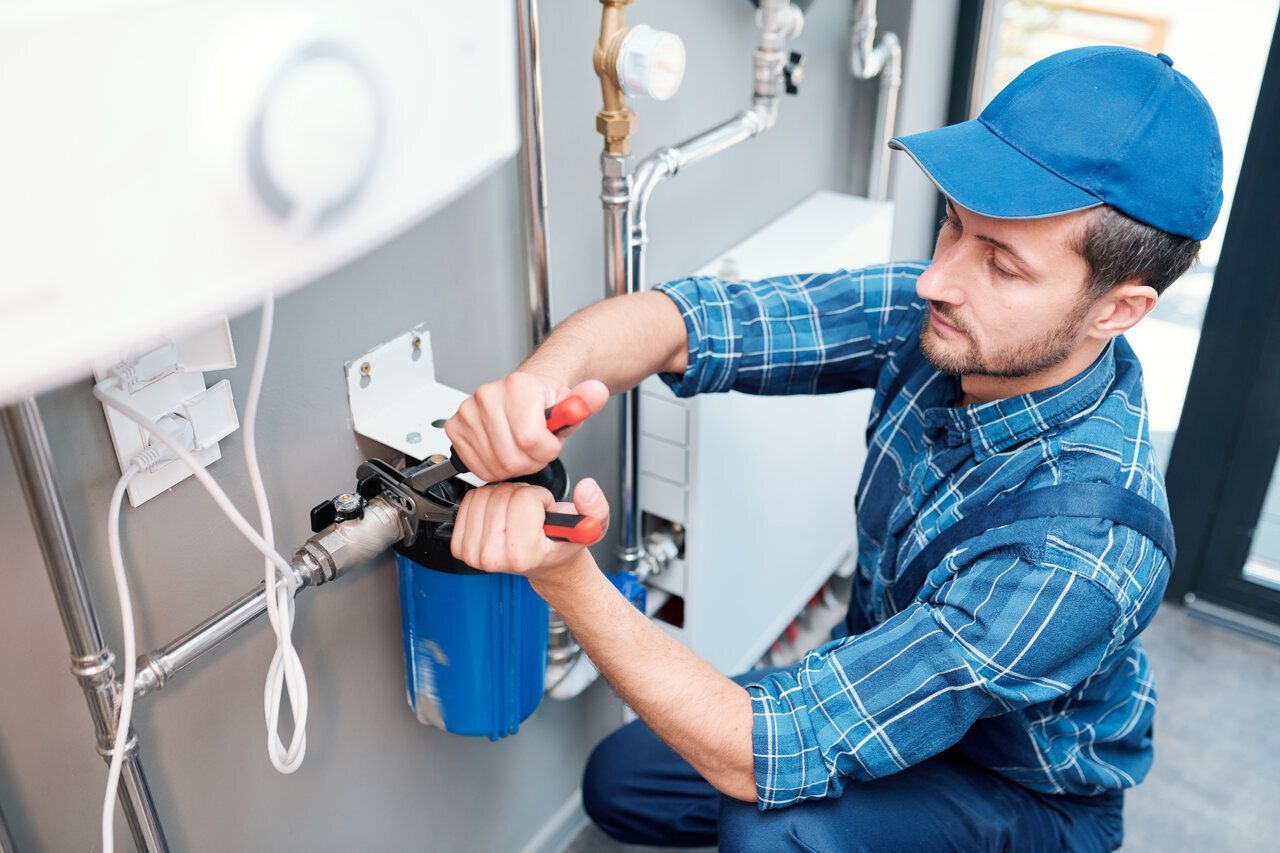Residential Drain Cleaning Best Practices
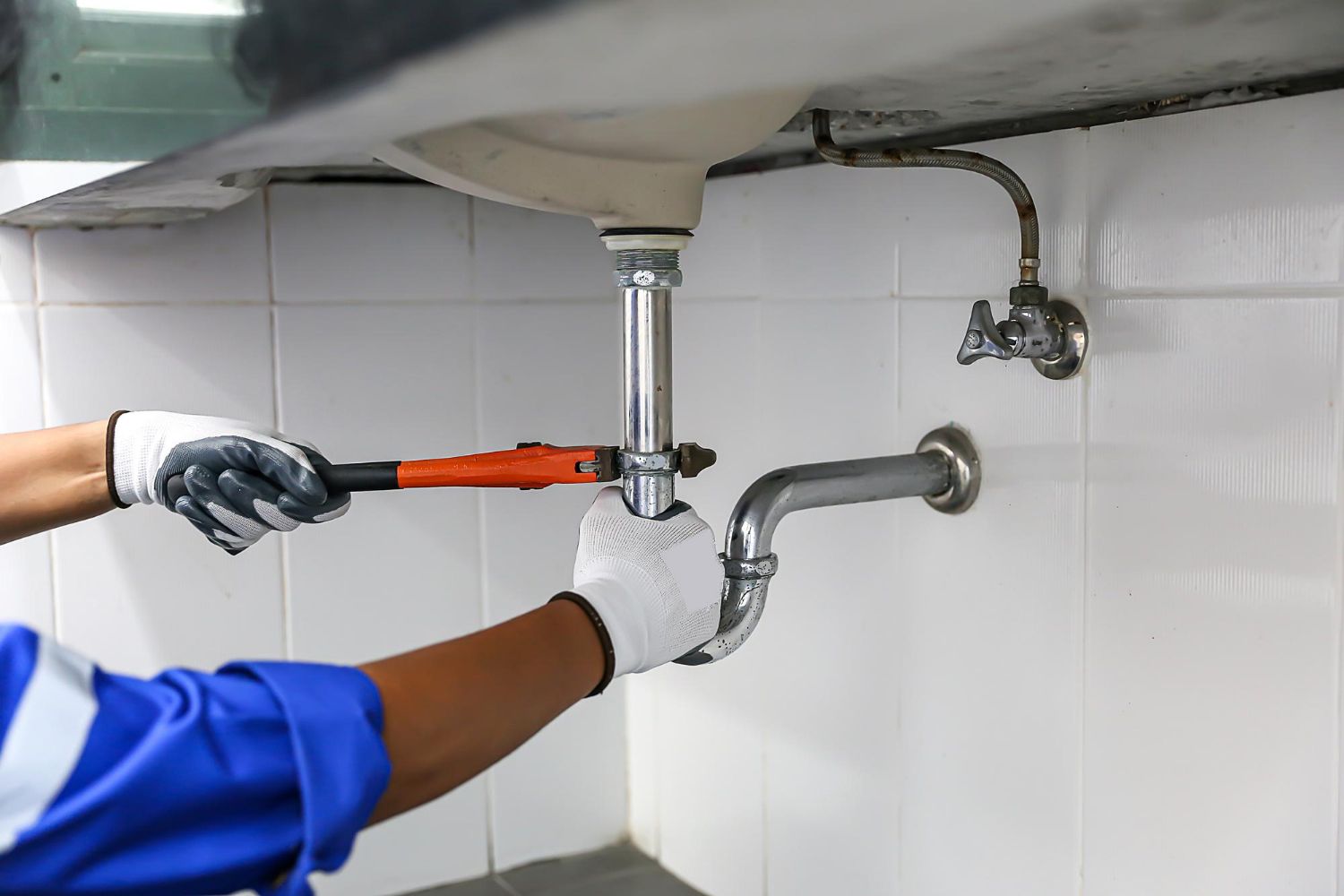
Keeping your home's drains clean is not just about tackling clogs as they arrive; it's about understanding the entire drainage system and proactively managing it to prevent issues before they occur. Here at our company, we believe in equipping homeowners with the knowledge and tools to handle their plumbing needs effectively, enhancing the longevity and functionality of their systems. Proper drain maintenance can save you from the hassle and expense of emergency plumbing repairs.
Drain cleaning is one of those critical home maintenance tasks that easily gets overlooked until problems become too apparent to ignore. Whether a sink starts draining slowly or a foul odor begins to emerge, preventive measures and regular maintenance can often prevent such issues. In this article, we'll guide you through understanding how your home's drainage works, what tools should be in your cleaning arsenal, how to properly clean your drains, and tips to avoid blockages. Embrace these practices to ensure your home’s drains remain free from blockages and operate smoothly year-round.
Understanding the Basics of Home Drain Systems
A home’s drainage system is not just about removing waste water; it's an integral part of maintaining a healthy living environment. Essentially, drain systems are designed to transport wastewater from your home to a sewer system or a septic tank efficiently. There are two main types of drain systems: the main drain line that takes the waste out of your home, and the branch lines that connect individual fixtures like sinks and toilets to the main line. Understanding how these components work together helps in identifying potential problems and addressing them before they escalate.
Drain systems require a gradient to ensure water flows naturally towards its final disposal point without any backflow. Vents are also crucial as they allow air into the plumbing system, preventing a vacuum that can slow down water flow and cause clogs. With regular maintenance and a basic understanding of how these elements function, homeowners can prevent many common issues that lead to expensive and inconvenient repairs. Our team emphasizes the importance of this knowledge to every homeowner, empowering them to better manage their plumbing health.
Essential Drain Cleaning Tools Every Homeowner Should Have
Effective drain cleaning doesn't require an arsenal of sophisticated tools. Several essential items can help you maintain your home's plumbing system efficiently and prevent minor issues from becoming major headaches. Here are some tools we recommend every homeowner keep on hand:
1. Plunger: A must-have tool for any home, suitable for unclogging sinks, toilets, and drains. Ensure you have both a flat plunger for sinks and a flanged one for toilets.
2. Hand Auger: Sometimes known as a plumber's snake, this tool can dislodge clogs that are too stubborn for a plunger.
3. Drain Cleaner Stick: These flexible sticks are inserted into the drain to pull out debris and hair, preventing severe clogs.
4. Bio-based Drain Cleaners: For regular maintenance, enzymatic cleaners offer a safe, non-corrosive alternative to chemical drain cleaners that can help break down organic materials in your pipes.
5. Wrenches and Pipe Cutters: For more hands-on maintenance, adjustable wrenches and pipe cutters can be invaluable tools for any DIY plumbing work.
Equipping yourself with these tools and learning how to use them can save you time and money. Routine checks and minor adjustments can greatly contribute to the longevity and efficiency of your home’s plumbing system, allowing you to handle emergencies more effectively when they arise.
Step-by-Step Guide to Cleaning Your Residential Drains
Cleaning your home's drains regularly is crucial for preventing build-ups that can lead to clogs and costly plumbing emergencies. Here is a straightforward process we recommend for keeping your drains clear without needing professional help every time:
First, you’ll want to start with hot water. Boil a large pot of water and carefully pour it down the drain. This simple step can melt away some of the grease and soap that has built up. Next, mix half a cup of baking soda with a cup of vinegar and pour this solution down the drain. This natural chemical reaction will help break down stubborn gunk. After letting it sit for about 15 minutes, follow up with another pot of boiling water to flush everything down. This non-toxic method is great for kitchen sinks and bathroom drains and can be performed monthly as a preventive measure.
For more stubborn or deeper clogs, using a plumber's snake, or auger, can be effective. Carefully feed the snake into the drain until you feel resistance, then twist and push to help break apart the blockage. Pull the snake out, and then flush the drain with warm water. Although it may sound straightforward, this process requires some care to avoid damaging your pipes.
Preventative Measures to Keep Your Drains Clear
Maintaining clear drains isn’t just about addressing clogs as they arise; it’s also about implementing preventative practices to ensure that clogs happen less frequently, if at all. Regularly using strainers can stop large particles of food, hair, and other debris from going down your sink and bath drains. Another good practice is to be mindful of what you flush down the toilet or wash down the sink. Avoid disposing of oil, coffee grounds, and non-dissolvable items like paper towels and feminine hygiene products through your plumbing system.
Additionally, consider regular inspections and maintenance services from professionals like us. We can identify and deal with risks before they evolve into real problems. These visits can be particularly beneficial in recognizing early signs of pipeline degradation, potential build-ups, and other issues that could impede your drain’s efficiency.
Contact Apollo Sewer & Plumbing to ensure your home always has smoothly functioning plumbing. We offer expert tips,
residential plumbing services, and emergency solutions designed to protect you against even the most daunting plumbing issues. Let us take care of the complexities so you can enjoy the comfort and convenience of your home without plumbing worries.

